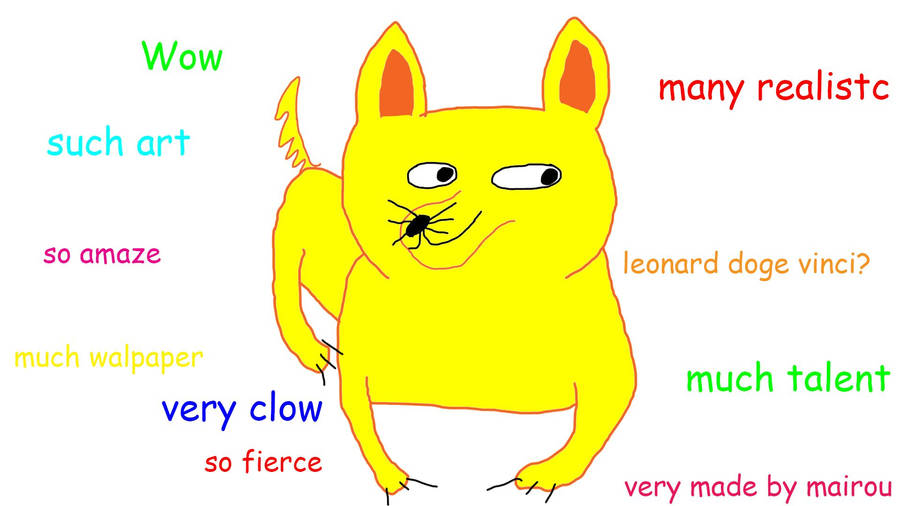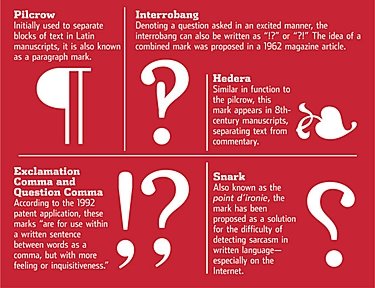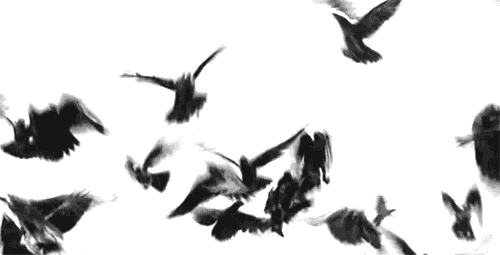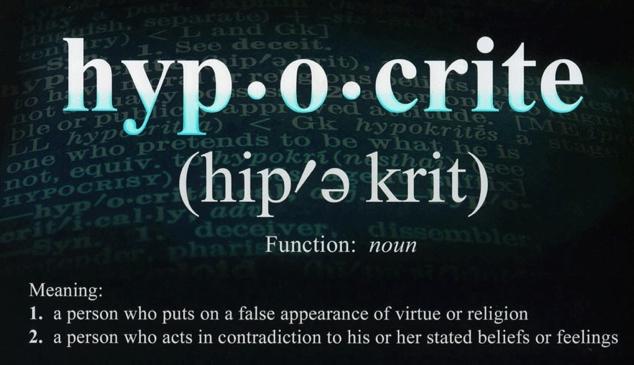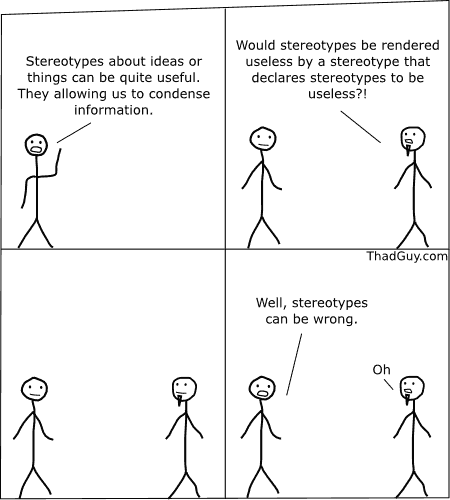Does it dry up
like a raisin in the sun?
Or fester like a sore –
And then run?
Does it stink like rotten meat?
Or crust and sugar over –
like a syrupy sweet?
like a raisin in the sun?
Or fester like a sore –
And then run?
Does it stink like rotten meat?
Or crust and sugar over –
like a syrupy sweet?
Maybe it just sags
like a heavy load.
Or does it explode? (http://www.poetryfoundation.org/poem/175884 )like a heavy load.
My dream is differed. I want to be a doctor but even though Mama was more lenient to that than investing in a liquor store, brother still got his way and as a result my financial needs to tend to my education was not met.
I said that I wanted to be a doctor, but Walter said that I should stop being crazy and "be a nurse instead like other women-or just get married and be quiet" (38). Equality used to define the American Dream but now the dream has been forcibly pushed and shoved down onto earth-to reality- where it has been poked and prodded until it became the root of stereotypical norms where the sentence "snobbish rich white people [and] snobbish rich colored people" (50) maintains no parallelism.
In a world where day by day protests for women's rights increases and still fails to plant gender equality, how are we expected to rise from this tampered mentality? How are we supposed to step out of this familiar circle or in other words this "mirage" (134)?
"It isn't a circle--it is simply a long line--as in geometry, you know, one that reaches into infinity. And because we cannot see the end--we also cannot see how it changes. And it is very odd by those who see the changes--who dream, who will not give up--are called idealists...and those who see only the circle we call them the "realists"!” " (134)
I believe that we must dream until finally one day our goal for equality is achieved and implemented into reality for if we remain realists, we will remain in this cell forever.
